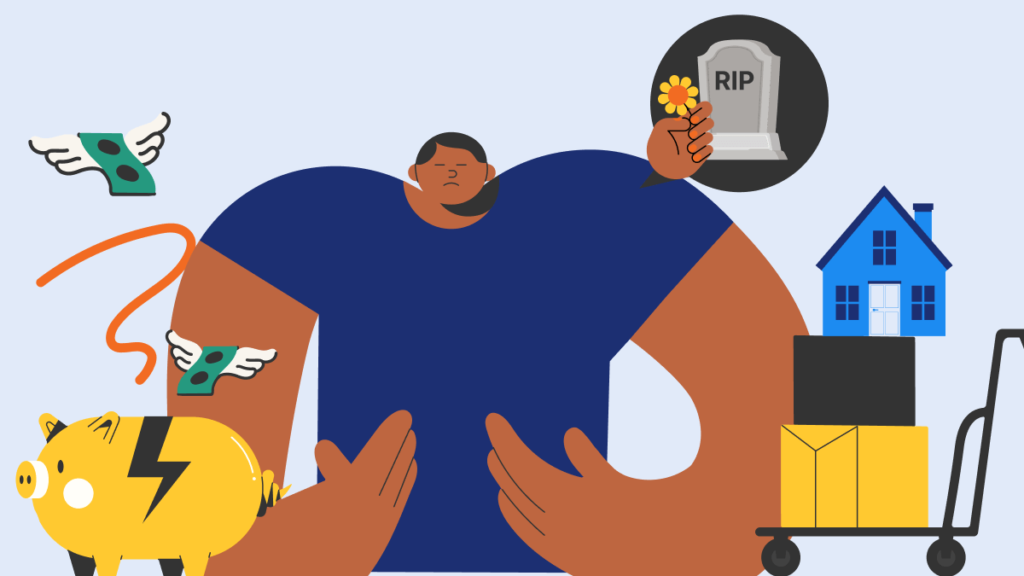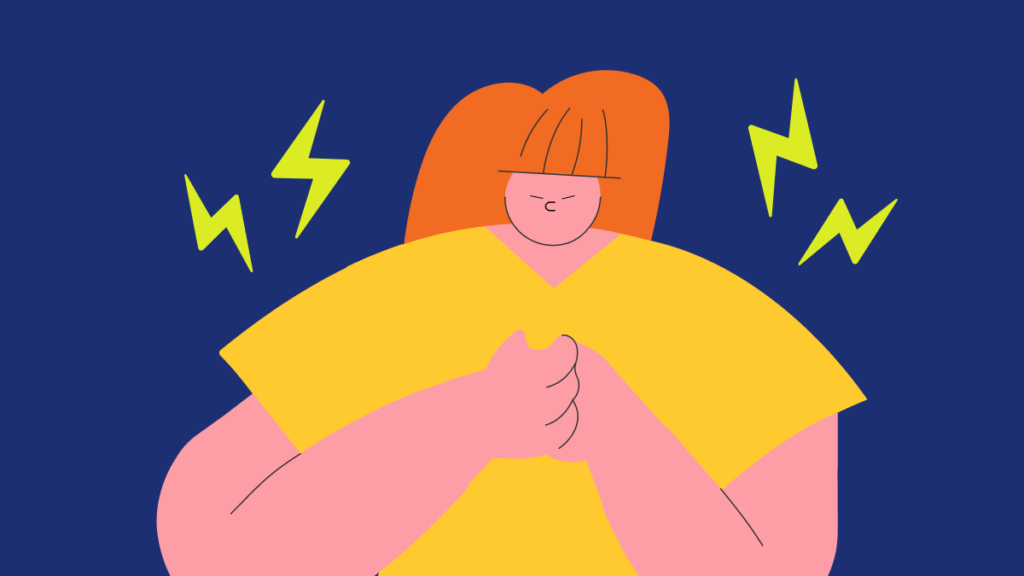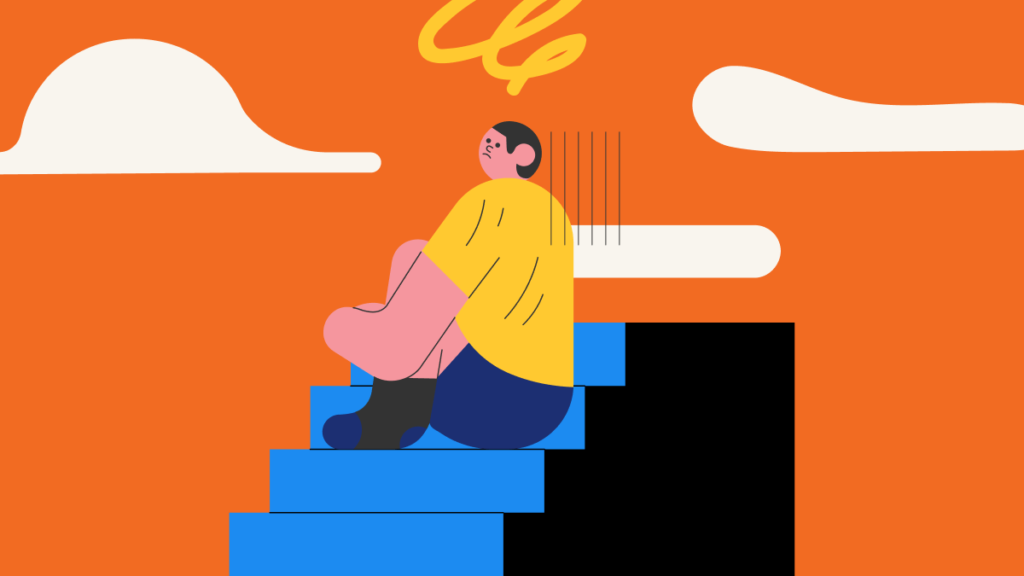Have you ever felt your heart race just before speaking up in class or during a team meeting? Or avoided social events altogether because the thought of interacting with others made your stomach churn?
If the answer is yes, you’re not alone. It is common for many people to feel nervous in social settings from time to time. However for some, these feelings can be so intense that they interfere with daily life. This is when we may be looking at something more serious: Social Anxiety Disorder.
What is Social Anxiety Disorder?
Social Anxiety Disorder (SAD), also known as social phobia, is a mental health condition where an individual experiences an overwhelming fear of being judged, criticised or embarrassed in social situations.
Social anxiety occurs on a spectrum. It is common to feel anxious or stressed in social settings, like when you’re speaking to a large audience or meeting new people. However, this can become more concerning when it starts to interfere with everyday activities, functioning and levels of distress. You might find yourself:
- Skipping school or work to avoid presentations
- Avoiding dating, even when you’re interested
- Feeling anxious about eating in front of others
Someone with social anxiety might feel physically unwell before a team meeting or avoid attending social gatherings—even important events like a friend’s wedding—because they fear looking awkward or saying the wrong thing during small talk.
Over time, this avoidance can lead to missed opportunities, strained relationships, and a lower quality of life.
Social anxiety vs shyness
You may be wondering: Doesn’t everyone get nervous at social gatherings sometimes? Does that mean I have Social Anxiety Disorder?
At first glance, it can be hard to tell whether you’re experiencing social anxiety or if you’re simply shy. However, there are some clear ways to tell the difference. Shyness is a personality trait that typically doesn’t interfere with daily life. For example, someone who is shy might feel nervous about meeting new people but will still attend social events.
On the other hand, someone with social anxiety might avoid these situations entirely, or attend but experience intense distress such as a racing heart, sweating, or dizziness. They may also worry for days before and after the event, with intrusive thoughts like “They think I’m stupid” or “Everyone is laughing at me.”
Social anxiety vs autism
Social difficulties may sometimes be associated with autism spectrum disorder. While both autism and social anxiety can involve challenges with social interaction, their root causes and how they present are quite different. Autism as a neurodevelopmental disorder often involves difficulty understanding non-verbal cues or participating in group conversations. In contrast, someone with social anxiety typically understands social cues but experiences heightened worry around negative judgment or making mistakes.
Different types of support are generally needed for autism and social anxiety. For children and young people, Ministry of Education (MOE) support for autism may include additional learning programmes or placement in special education schools. In the case of social anxiety, support usually involves psychological therapies. For adults, there are also important differences in the accommodations provided in the workplace or in higher education settings.
Learn more about autism in adults here.
What causes social anxiety?
While the exact cause of social anxiety isn’t known, several factors may increase the likelihood of developing the disorder.
Risk factors for Social Anxiety Disorder
- Genetics: A family history of anxiety disorders or overactivity in brain areas associated with fear.
- Personality traits/temperament: Being naturally shy, timid, or socially restrained.
- Negative experiences: Past experiences of bullying, rejection, or harsh criticism.
- Life transitions: Entering new environments, such as starting a new job or school.
- Physical factors: Having a physical difference or medical condition that draws unwanted attention or causes discomfort in social settings.
Do I have Social Anxiety Disorder?
Social anxiety symptoms
Social Anxiety Disorder affects approximately 4% of people worldwide over the course of their lifetime. According to the Diagnostic and Statistical Manual of Mental Disorders, Fifth Edition (DSM-5), the following criteria must be met for a diagnosis of Social Anxiety Disorder:
- Intense fear or anxiety about one or more social situations
- Fear of acting in a way that will be negatively evaluated
- Social situations almost always provoke fear or anxiety
- The individual avoids social situations or endures them with intense fear
- The fear is out of proportion to the actual threat
- Symptoms persist for 6 months or more
- The symptoms cause significant distress or impairment in daily life. For example, you may
- Avoid eating in public for fear of being watched or judged.
- Skip job interviews, even when you need to find employment.
- Feel anxious for days before a social event and analyze your interactions afterward.
Social anxiety can be either generalised or specific.
With specific social anxiety, a person might feel nervous or fearful in just one particular situation. For example, someone might be completely comfortable with friends but feel anxious only when giving a presentation at work.
In contrast, generalised social anxiety means feeling anxious in a wide range of social situations—whether it’s meeting new people, talking in groups, or even making small talk with strangers. This can affect many areas of daily life, making social interactions broadly challenging.
Is social anxiety disorder a disability?
In cases where social anxiety disorder significantly affects daily life, it may be recognised as a psychological disability. Depending on the individual’s home country and its regulations, it may qualify them for certain support and benefits.
Nevertheless, it’s important to remember that social anxiety isn’t a permanent label. With the right support and treatment, many people can overcome their challenges and lead fulfilling, active lives.
Understanding whether social anxiety is impacting you deeply is the first step, and that often begins with getting a proper diagnosis.
How is Social Anxiety Disorder diagnosed?
Diagnosis is typically made by a mental health professional. (In Singapore, only clinical psychologists and psychiatrists are qualified to diagnose mental health conditions; counsellors do not have this authority.) The diagnostic process may involve a clinical interview, standardised assessments and a differential diagnosis.
During the clinical interview, the professional will generally ask about your symptoms and how long they have persisted, the specific social situations that trigger your anxiety, and the impact it has on your personal and professional life. They may also request collateral information from family members or your partner.
The clinician will also rule out other possible conditions, such as Generalised Anxiety Disorder (GAD), depression or autism, which can present with similar symptoms.
Social anxiety tests
Alongside a clinical interview, you may be asked to complete standardized measures or tests as part of the assessment process, such as:
- Liebowitz Social Anxiety Scale (LSAS)
- Social Phobia Inventory (SPIN)
- Mini International Neuropsychiatric Interview (MINI)
Social anxiety treatment
Cognitive Behavioural Therapy (CBT)
In CBT, unhelpful cognitive patterns and beliefs that may perpetuate one’s fears and anxieties are identified. For example, thoughts like “I’ll say something stupid and they’ll laugh at me.” Through intervention, you can learn to challenge these thought patterns and replace them with more balanced, realistic ones such as, “Sometimes I might make a mistake, but most people are focused on their own conversations.”
A key part of CBT is exposure work, where you gradually face the situations that bring you distress. For instance, if you’re afraid of eating in public, you might start by eating in a room with your clinician, then progress to eating at a quiet café during off-peak hours. This graded exposure has been helpful in supporting individuals in building their confidence step by step as they move towards behaviour change.
Acceptance and Commitment Therapy (ACT)
Acceptance and Commitment Therapy (ACT) is another treatment modality that encourages you to accept difficult emotions and thoughts without letting them dictate your behaviour. Given that feelings of anxiety are part of the human condition, the goal of ACT isn’t to “get rid” of anxiety, but rather to live a meaningful life even when it’s present. Accepting one’s anxieties does not mean having to like or want them, rather it’s merely about acknowledging and making room for very human emotions.
There are various interventions and strategies in ACT to support the development of psychological flexibility – one such technique is cognitive defusion. Rather than replacing anxiety-provoking thoughts with “positive” ones, cognitive defusion aims to develop greater awareness of these thoughts as being mere mental events instead of facts. For instance, saying “I’m having a thought that I’ll embarrass myself” instead of “I will embarrass myself” allows you to observe your thoughts non-judgmentally from a distance without integrating it into your identity.
ACT also guides you to identify and focus on your values so as to move towards your chosen life direction. For example, if you aspire to be someone who can speak up when it matters or contribute ideas at work, your clinician can work with you to keep your eyes on that goal and take small, manageable steps towards it—even if anxiety shows up along the way.
Social anxiety medication
For more severe symptoms, your professional may also discuss the possibility of supplementing intervention with medication, especially if therapy alone is not effective. Therapy in conjunction with pharmacological treatment can be helpful in managing outcomes.
Selective serotonin reuptake inhibitors (SSRIs) are often the first-line treatment recommended for social anxiety disorder. If SSRIs are ineffective, your clinician may consider serotonin and norepinephrine reuptake inhibitors (SNRIs). Beta-blockers, which are helpful in managing one’s heart rate and blood pressure, may also be used occasionally to manage physical symptoms of anxiety in specific situations, such as giving a speech.
Note: If medication is deemed beneficial for you, we will refer you to a partner psychiatrist within Intellect Clinic’s network. In such cases, some treatment sessions may take place at their clinics.
How to overcome social anxiety
Social Anxiety Disorder is treatable, and many people experience significant relief with the right interventions.
The most effective treatments are psychological therapies, with Cognitive Behavioural Therapy (CBT) often considered the gold standard. Studies have shown that 60-80% of people with social anxiety experience improvements after CBT intervention.
Social anxiety treatment at Intellect Clinic
Recovery takes time, but with the right support, you can start moving in the right direction. At Intellect Clinic, we use an evidence-based, personalised approach to help you manage your social anxiety and the emotional challenges that come with it.
50-minute sessions with our counsellors and clinical psychologists are priced at $160 and $240 (Singapore dollars) respectively, and we offer appointments at our clinics in:
- Marina One
- Dhoby Gaut
- Tanjong Pagar
- Woodleigh
- Tembeling









